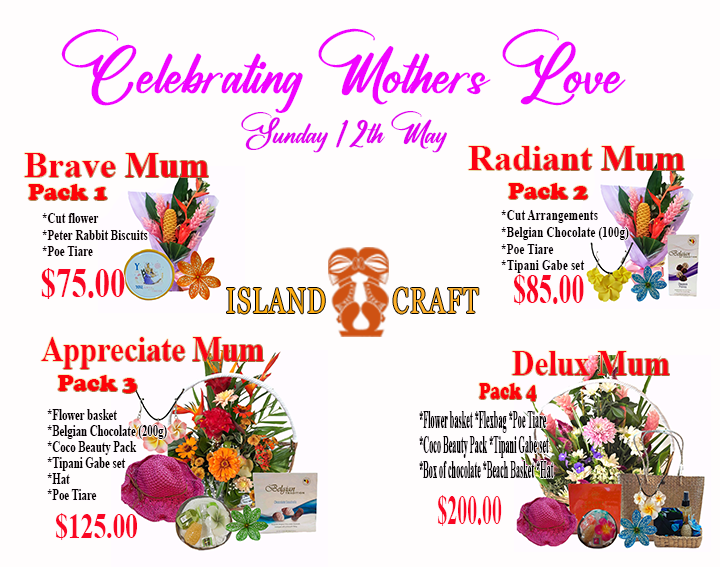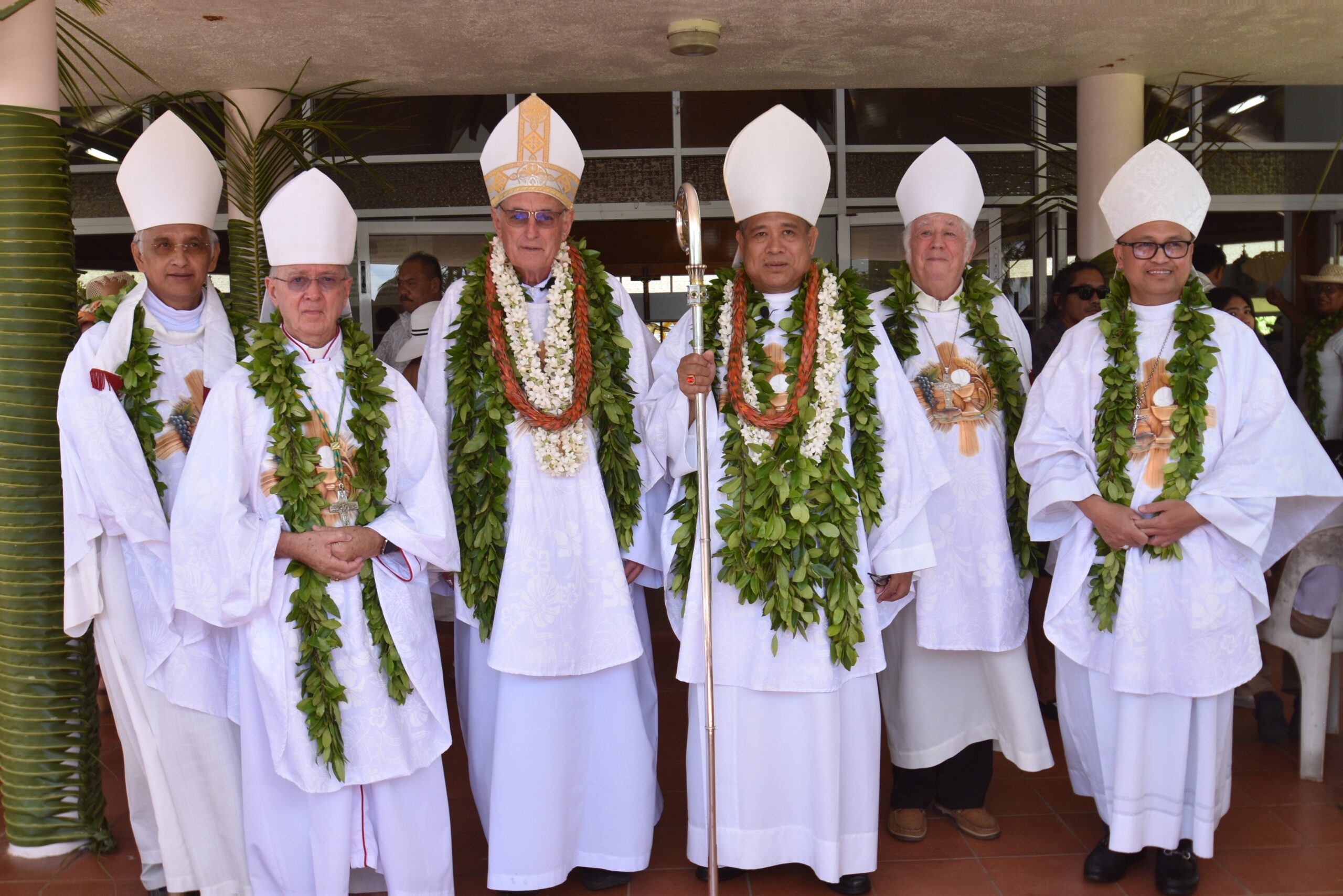Maritime Cook Islands denies vessels linked to North Korean smuggling networks
Wednesday 13 December 2023 | Written by Rashneel Kumar | Published in Economy, National

Maritime Cook Islands confirmed that three vessels had been stripped of the country’s flag between January 2020 and April 2021. Photo: SUPPLIED
Maritime Cook Islands (MCI) has shot down suggestions that Cook Islands-registered vessels are linked to North Korean “smuggling networks”.
Former United Nations sanctions experts and documents obtained by AFP allege that North Korean “smuggling networks” are registering ships in Pacific nations to disguise themselves while trafficking oil.
Maritime Cook Islands confirmed that three vessels had been stripped of the country’s flag between January 2020 and April 2021.
However, Moeroa Mamanu-Matheson, MCI co-CEO and Registrar of Ships, said these vessels were not linked to North Korea.
“Cook Islands abide by UN Sanctions and any vessels found to be involved in sanctions evasions are removed from the Cook Islands flag,” Mamanu-Matheson told Cook Islands News.
“MCI continues to review and ensure a stringent vetting process through utilising internationally recognised maritime vetting platforms as well as the United Nations Security Council Sanctions Search List.”
In a bid to make the ship registration process more stringent, Mamanu-Matheson said MCI established a department in 2021 that deals exclusively with Customer Due Diligence (CDD) and Know Your Client (KYC).
She said that once registered, the vessels are monitored through long-range identification and tracking, and automatic notifications are received if any of them enter specific set areas potentially connected to sanctions evasion activities.
“MCI is also a member of the Registry Information Sharing Compact (RISC) from 2020. The RISC creates a process for flag states to notify each other if they de-register, or deny registration to, a merchant ship on suspicion that it is in breach of sanctions, including violations of the UN Security Council Resolutions.”
According to AFP, with strict sanctions limiting Pyongyang’s ability to import fuel, North Korean smugglers have adopted increasingly creative methods to deceive authorities and evade scrutiny.
These efforts, security analysts said, could be directly linked to the North’s military ambitions.
“Almost none of the Pacific Islands have escaped North Korean attempts to hide their vessels,” Neil Watts, a former member of the UN Security Council’s expert panel on North Korea, told AFP.
The Washington-based Center for Advanced Defense Studies has been monitoring the bustling shipping lanes of the Taiwan Strait and Korean Peninsula.
An internal sanctions database compiled by the think tank, and seen by AFP, identifies 17 vessels registered in the Pacific nations of Palau, Niue, Cook Islands, or Tuvalu.
By tracking these ships, the center’s researchers have identified patterns of “high-risk behaviour” that they believe are linked to “illicit” North Korean oil supply chains.
Watts, a former captain in the South African navy, said smugglers were looking to create “layers of obfuscation”.
This makes it difficult for investigators to determine if a vessel is sailing on legitimate business or if it is stuffed with contraband cargo.
- RK/AFP









































